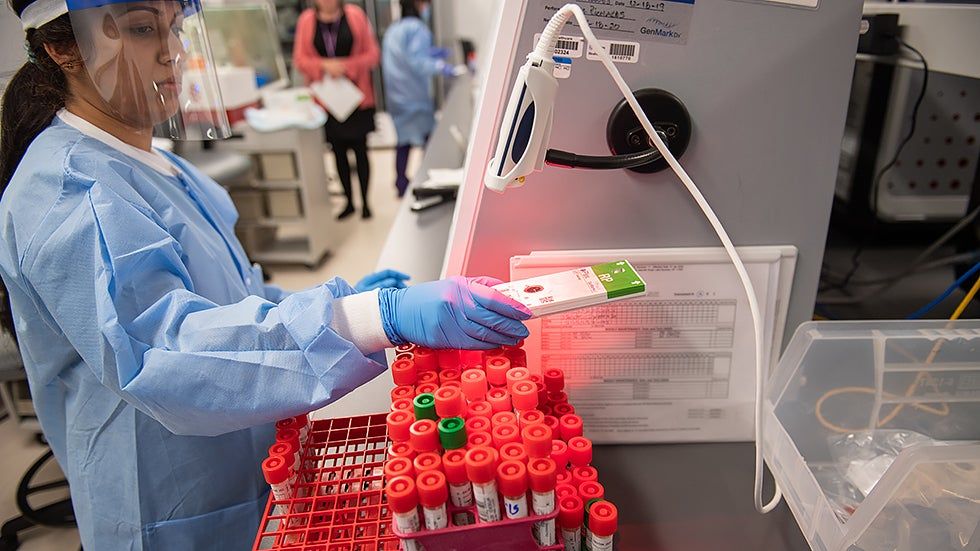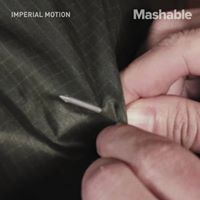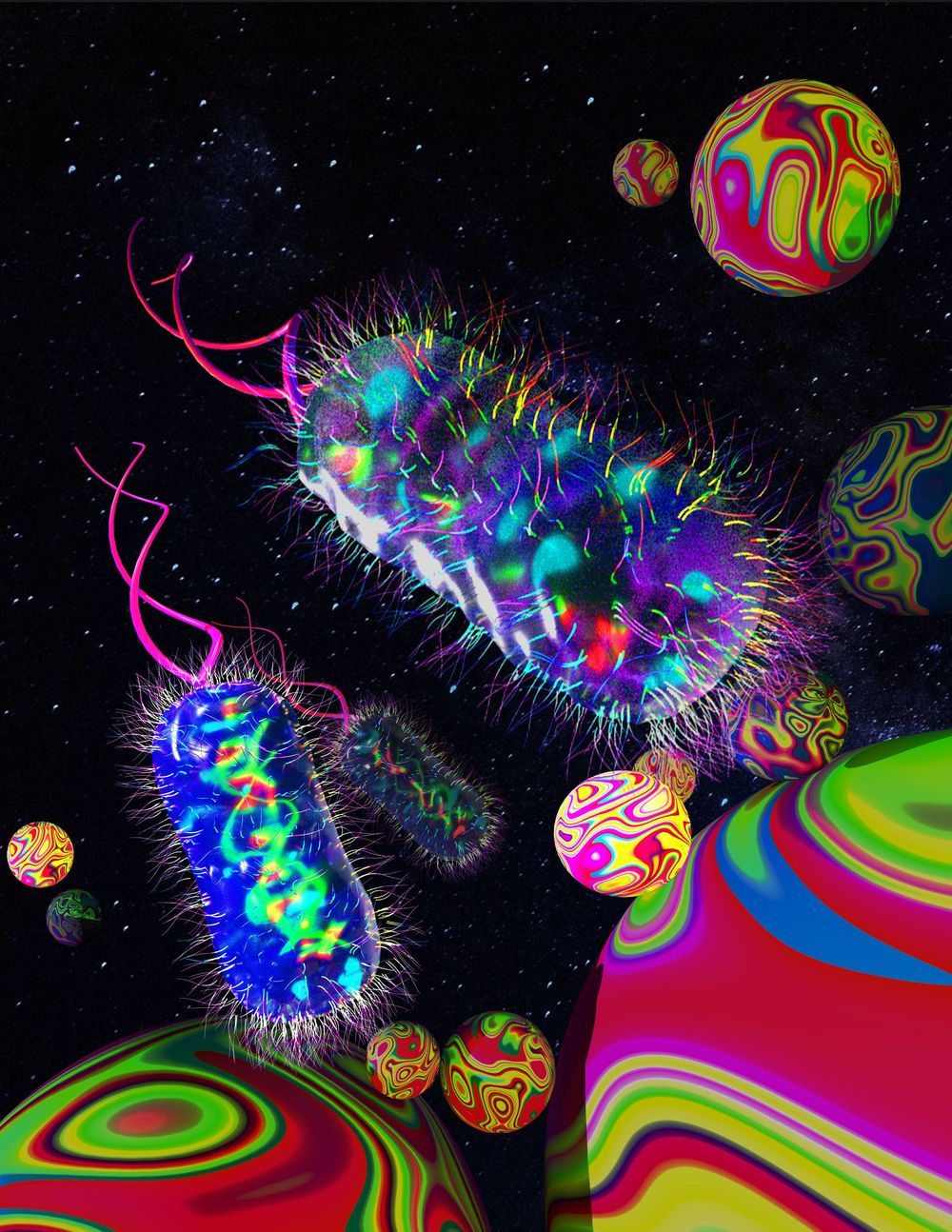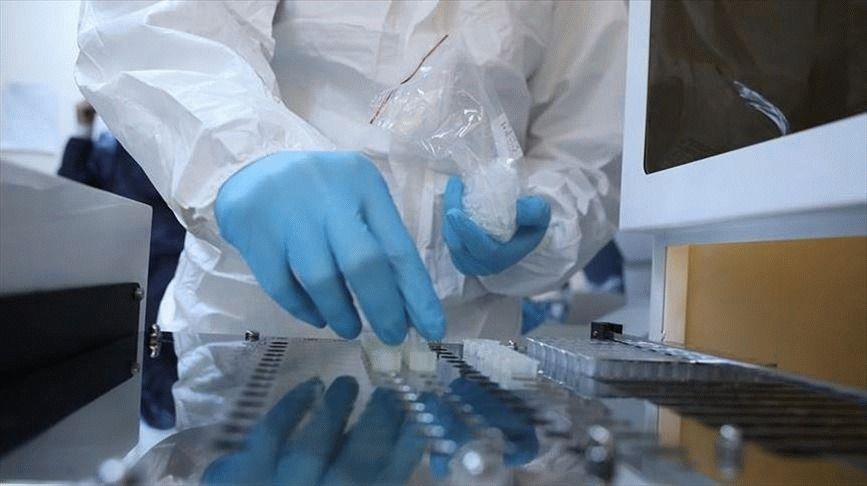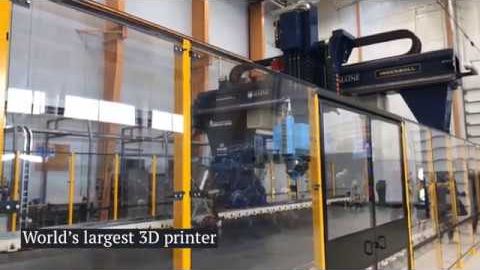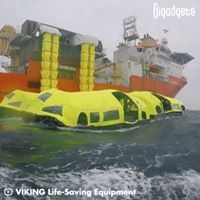Page 7745
Mar 23, 2020
FDA authorizes first rapid, ‘point of care’ coronavirus test
Posted by Montie Adkins in categories: biotech/medical, robotics/AI
Well this is good news. Now they just need to pour every dime into the manufacturing and hurry the hell up.
The Food and Drug Administration (FDA) has approved the first coronavirus diagnostic test that can be conducted entirely at the point of care.
The test from California-based Cepheid will deliver results in about 45 minutes — much faster than current tests that require a sample to be sent to a centralized lab, where results can take days.
Continue reading “FDA authorizes first rapid, ‘point of care’ coronavirus test” »
Mar 23, 2020
Fabrics and materials can restore themselves
Posted by Shane Hinshaw in category: materials
Mar 23, 2020
New device quickly detects harmful bacteria in blood
Posted by Shane Hinshaw in categories: biotech/medical, engineering, health
Engineers have created a tiny device that can rapidly detect harmful bacteria in blood, allowing health care professionals to pinpoint the cause of potentially deadly infections and fight them with drugs.
The Rutgers coauthored study, led by researchers at Rochester Institute of Technology, is published in the journal ACS Applied Materials & Interfaces.
“The rapid identification of drug-resistant bacteria allows health care providers to prescribe the right drugs, boosting the chances of survival,” said coauthor Ruo-Qian (Roger) Wang, an assistant professor in the Department of Civil and Environmental Engineering in the School of Engineering at Rutgers University-New Brunswick.
Mar 23, 2020
Coronavirus treatment: These are the drugs that show promising results in treating COVID-19 patients
Posted by Nicholi Avery in category: biotech/medical
Coronavirus has claimed at least 10,447 lives with a total of 254,701 confirmed cases worldwide. A total of 89,071 people have recovered from the virus. The outbreak has led to panic and pandemonium. As we reported yesterday, there are only three major types of treatments: antiviral drug, antibody solution (including blood plasma) and vaccine.
Even though the need to develop new vaccines seems to be getting a lot of headlines, vaccine, however, does not provide the immediate relief for people who are already infected with the virus. In addition, experts are saying that it may take between 12 to 24 months before the vaccine becomes available. Some are going as far as saying it could be 2022 before we see a COVID-19 vaccine.
In the meantime, more companies are coming out with existing antiviral and experimental drugs that have proven to show promising results in treating COVID-19 patients. While there are no FDA-approved therapeutics or drugs to treat, cure or prevent COVID-19, there are several FDA-approved treatments that may help ease the symptoms from a supportive care perspective.
Mar 23, 2020
Final NASA Seats on Soyuz in 2020
Posted by Bill D’Zio in categories: government, space, space travel
By Bill D’Zio
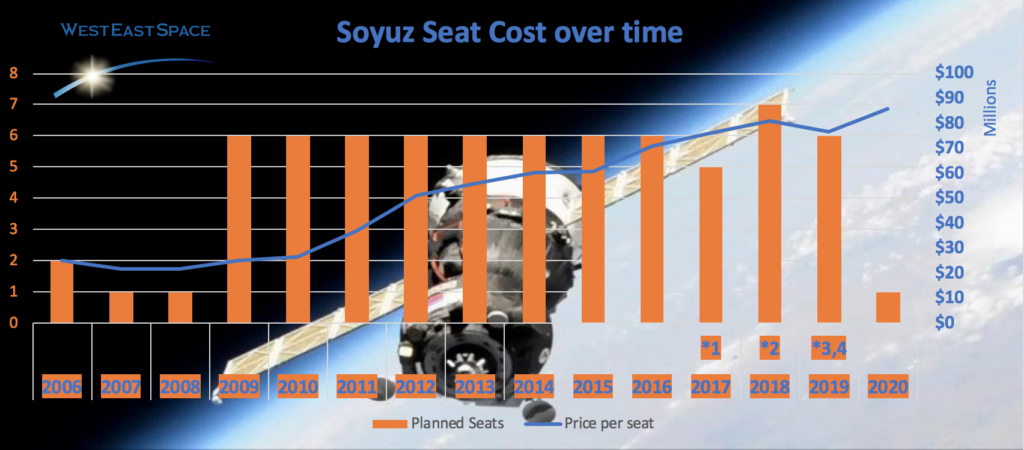
*Notes *1 In February 2017, NASA purchased from Boeing two Soyuz seats and then later three additional seats for $373.5 million or $74.7 million per seat. Boeing had the rights to sell the seats as a result of a settlement with RSC Energia—the Russian company that builds the Soyuz for Roscosmos—due to a failed partnership to develop the capability to launch rockets from an off-shore platform in the ocean.
2 2017 NASA contract for 12 additional seats
3 Due to slippage in the commercial crew schedule, in March 2018 NASA purchased two additional Soyuz seats for $86 million each, one for the September 2019 Soyuz flight and another on the upcoming April 2020 mission.
4 One Soyuz launch failed during launch requiring an abort prior to reaching orbit. Data Source: NASA Office of Inspector General analysis of Soyuz cost data provided by NASA
Soyuz creeping up in cost
NASA has been dependent on Russia for transport to and from the ISS. Over time the cost of seats on the Soyuz crew vehicle have risen.
The Roscosmos’s Soyuz vehicle has been ferrying crew to the International Space Station since November 2000. Originally Soyuz was designed to carry cosmonauts to the Moon, however was repurposed to be the main transport vehicle for Russia over the years. The Soyuz spacecraft is capable of carrying three crewmembers at a time and is certified to remain docked with the ISS for a maximum of 200 days and is launched from the Baikonur Cosmodrome launch site.
Until the NASA Commercial Crew Program (CCP) is completed, Roscosmos remains the sole option for transporting astronauts to and from the ISS. At all times, at least one of the Soyuz spacecraft is docked at the International Space Station serving as an emergency lifeboat or escape pot should evacuation be needed. Typically two Soyuz capsules are docked at the ISS which allows up to six astronauts to remain on the International Space Station. The limit of six astronauts is established by the number of seats available for evacuation.
Mar 23, 2020
No Autonomous Trucks? Wait, What?: Science Fiction in the News
Posted by Saúl Morales Rodriguéz in categories: Elon Musk, robotics/AI, sustainability, transportation

No Autonomous Trucks? Wait, What? ‘…it resembled conventional human-operated transportation vehicles, but with one exception — there was no driver’s cabin.’ — Philip K. Dick, 1955.
Elon Musk’s Traffic Tunnel Challenge Is Boring ‘The car vibrated… threading the maze of local tubes.’ — Jack Vance, 1954.
Continue reading “No Autonomous Trucks? Wait, What?: Science Fiction in the News” »
Mar 23, 2020
The professionals who predict the future for a living
Posted by Derick Lee in categories: biotech/medical, business
Everywhere from business to medicine to the climate, forecasting the future is a complex and absolutely critical job. So how do you do it—and what comes next?

